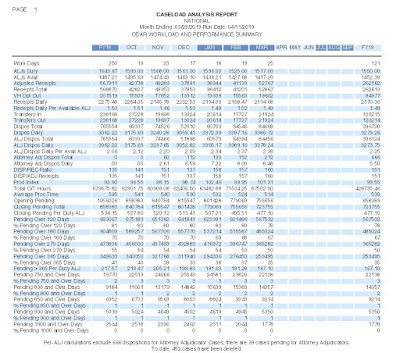There was a Senate Finance Committee hearing yesterday on the nomination of David Black to become Deputy Commissioner of Social Security. The opening statement of Senator Ron Wyden, the ranking Democrat on the Committee, contained this interesting language:
... This morning, while we consider this nomination for SSA deputy commissioner, I also want to remind the committee that Social Security has not had a confirmed commissioner in place since February 2013. Bottom line, that’s far too long for the top position to go unfilled. Just like any government agency or any private business, SSA runs best when it has strong leadership with a vision for how to improve. In my judgement, the Senate should not confirm a deputy commissioner before confirming the commissioner.
Andrew Saul’s nomination to serve as commissioner has been approved by this committee twice. I hope he’s able to get on the job soon. I also note that, in terms of going forward on the Senate floor, it would be appropriate to take up the nomination of the commissioner before taking up the nomination of the deputy commissioner. ...Obviously, Wyden wants Andrew Saul confirmed as Commissioner and he's worried that there will be a delay in that confirmation even though he's not expecting delay in Black's confirmation as Deputy Commissioner. I wonder what's going on. Democrats can't hold up nominations in the Senate very long these days. Republicans changed the rules.
